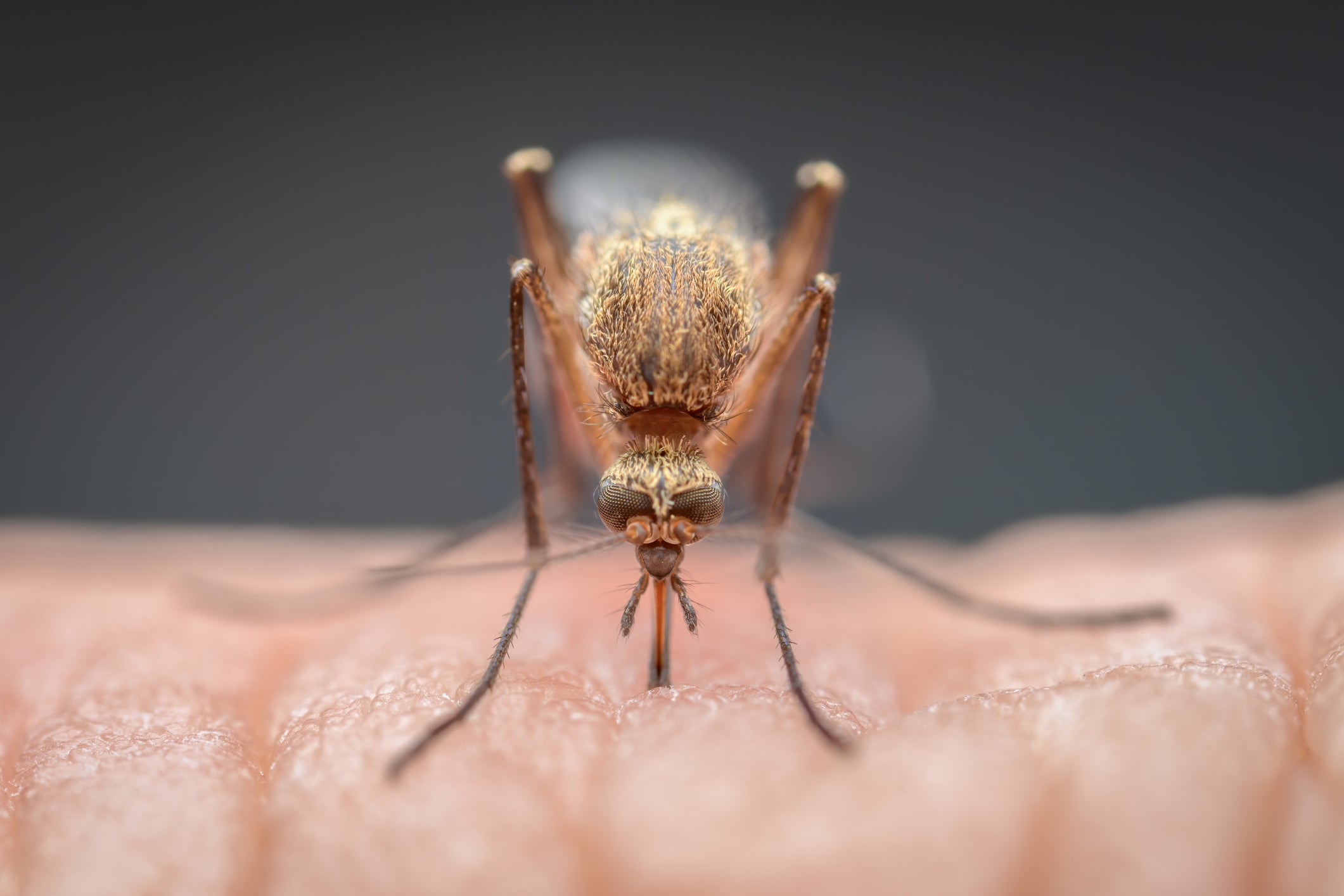Blackbirds under new threat after mosquito-borne disease arrives in UK
The Usutu virus was first recorded in the UK in the summer of 2020

Scientists are racing to monitor the spread of a mosquito-borne disease which has been linked to a decline in the blackbird population.
The disease Usutu has spread across much of southern England over the last five years, and is easily transmitted to the songsters.
Mosquitos are a growing risk for the UK’s wildlife, with longer summers and hotter temperatures due to climate change meaning they are increasingly breeding in northern Europe.
Scientists at the Animal and Plant Health Agency (APHA) have been tracking mosquito-borne diseases in wild birds, with results coming back all clear until 2020.

However, after that summer’s heatwave, Usutu, which originates from Africa, was detected in several blackbirds in Greater London.
"Blackbirds specifically are quite susceptible to the virus and since 2020 we've found a decline in blackbirds of approximately 40% in Greater London," said Dr Arran Folly of APHA.
"It gives an indication that in the future we might get other viruses that are transmitted by mosquitoes emerging in the UK."
The virus was first detected more than 50 years ago around southern Africa’s Usutu river, but has since spread around the world.
It can also infect horses and occasionally humans, but is regarded as low risk to people.
However, over the last five years the disease has spread across much of southern England at a speed that has taken scientists by surprise.
It has now been detected in birds as far north as Cambridgeshire, with concerns that it will impact the number of blackbirds in the UK, who are currently one of the commonest garden birds.
In other parts of Europe, Usutu has been linked to mass die-offs of blackbirds but this is yet to be the case in the UK. Over the summer months, large numbers of wild birds have been found dead without prior evidence of ill-health, or a short period of lethargy, loss of coordination and seizures.
Join our commenting forum
Join thought-provoking conversations, follow other Independent readers and see their replies
Comments
Bookmark popover
Removed from bookmarks